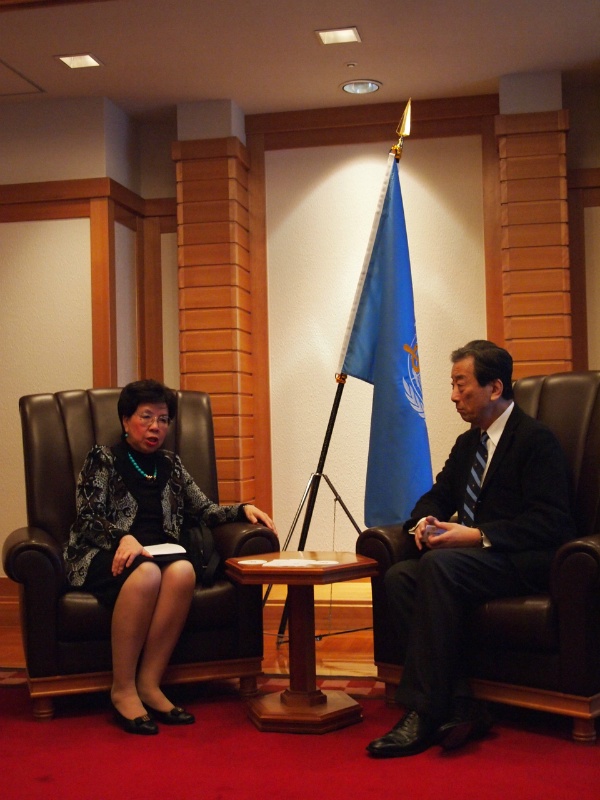Since seeing Mr. Kurihara of the Harvard Kennedy School this May I’ve written several columns about him.
Since then I try to see Mr. Kurihara every time he comes back to Japan. He is a wonderful person of broad topics, and global thinking with a sophistication based on broad readings including history, philosophy, and literature. He is also a rare person (a true human asset) who is capable of seeing Japan from the outside, thus has the ability to see the fundamental principles of our country. Talking with him is thrilling because he introduces me to many perspectives that are seen from fields which are not mine.
So, when he came to my office again the other day, time flew by and we could not help but talk for nearly two hours. As you may know from my posting, he issues a periodical titled the Cambridge Gazzette (in Japanese). He kindly commented on our meeting in this yeat's final edition that features power of insight and words.
His writing was again surprisingly dynamic, telling stories accompanied with rich references from books and articles about his friendships, human networks, historical views, and about how Japan has truly talented individuals on the one hand, and has fickle, intelligent idiots who mislead this nation on the other.
If you closely look at the current situation of “Sad Japan” you would inevitably notice that it basically has not changed, or rather, was incapable of changing, at all. I am truly impressed with the huge volume of Mr. Kurihara’s readings not to mention his rich connections with people as an independent individual. His talent to assimilate a large body of information into one piece of writing and his huge knowledge from many layers of culture coupled with his eagerness for investigating different topics are most impressive. The process in which he thinks about the things is admirable.
At any rate, I have to say that the comments made by leading Japanese are the strangest of all. Admitting that they have any extent of knowledge or information, they still do not have the ability to seize upon the principles and essences of things. Instead, their words sound uninspired and do not connect to the hearts of the people. I am quite concerned and saddened by this notion recently. These leaders always have scripts in their hands when speaking, and they fail to convey their own will or thoughts by looking directly into the eyes of their audience. What is probably true is that they hold no confidence or genuine belief in what they are conveying. They do not have a good grasp of history or for any other topic for that matter, though I assume they made decent efforts for high scores at the university entrance examinations. I feel obliged to say that everything from their policies to their discussions and work is shallowly conceived, despite the volume of knowledge they have. These greatly respected individuals, don’t recognize how tragic they are; they only make excuses for their inabilities to step outside of their comfort zones and truly inspire the people who look to them for solutions.
I also agree very much with Mr. Kurihara’s citation regarding Hirofumi Ito’s English ability. However, I tire of persistently hearing the worn out discussions on policies for English education in Japan in this global age.
Today, facial and other expressions are clearly depicted on high resolution television. So I am even more convinced when I say that I cannot recall hearing insightful words that are spoken from the bottom of one’s heart, either from legislators questioning at Congress, ministers, high officials, distinguished professors, executives of companies, or so called journalists.
I think people of Japan share this feeling with me, too. I am truly concerned and sad about the disgracing television programs, newspaper articles that originate from kisha club, and the meaningless words uttered by television people (all in Japanese language….)
Words are indicators of mental power and intelligence (not knowledge). Since we cannot see inside people’s hearts we have to depend on words to judge the depths and broadness of one’s character, and their personality.
Mr. Kurihara is one of those people who has the sort of intelligence and heart that is lacking in Japanese intellectuals today. He doesn’t let this show to many. So, I am looking forward to seeing him again to partake in an enjoyable intellectual battle.

